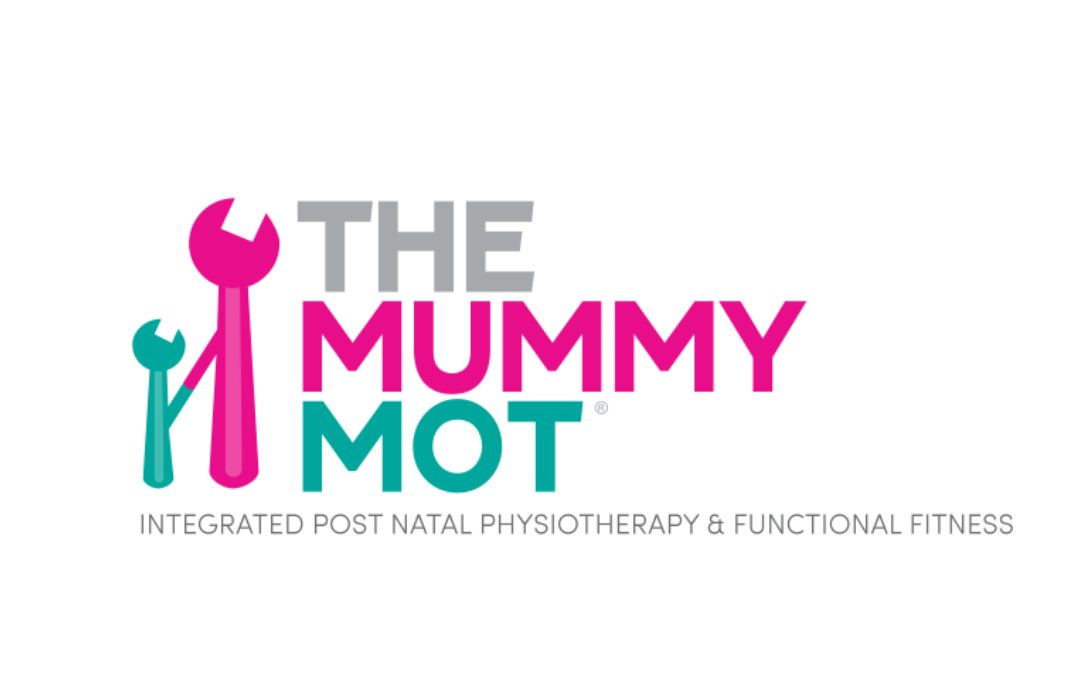Are we failing to care for mums?
Inspired by a rare chance to lie on the sofa full of turkey, chocolate and vino, it feels like a good time to write my first ever blog. How exciting!
My three beautiful boys – aged 2, 4 and 5 – are currently wrestling on the carpet. This is standard behaviour for these three. I have just said “Somebody is going to get hurt…” for the 90th time today. They ignore me (as usual) and continue to wrestle.
Anyway…I can’t believe that I grew these boys inside my body. It really is unbelievable when you think about it. My uterus has grown to the size of a watermelon three times to house these boys. Yes…I know, women are ‘made’ to give birth. After all, each of us has a vagina, a uterus, ovaries blah blah blah.
Do our bodies bounce back after having a baby? Erm…NO! Firstly, you grow a seed, which turns into an apple, which turns into a grapefruit, which eventually turns into watermelon. You then either push that watermelon out of your vagina (usually tearing it in the process) or have it cut out of your tummy via a huge incision through your abdominal muscles. What planet are we on if we think our bodies will just bounce back to normal (especially if we do it more than once)?
In short, women need guidance and rehabilitation following pregnancy and childbirth. This happens in France as standard for every new mother, but not in the UK. After a traumatic knee injury or surgery, you would expect physiotherapy to help you to regain movement, strength and normal function. Why not following childbirth? It’s pretty mind boggling.
I have pondered this over the years working as a Specialist Women’s Health Physiotherapist in the NHS. Very simply, I think it comes down to three main reasons:
- Women have been giving birth ‘since the dawn of time’. We are under the impression that our bodies are built to do it and to cope with the after effects.
- The impact of pregnancy and childbirth on the mother is (much to my frustration) rarely discussed and quickly forgotten. Our beautiful babies receive all of the care and attention.
- Healthcare professionals do not tackle and often normalise postnatal problems such as leaking. This in turn leads to women accepting these problems as normal and something they just have to live with.
Here are the stats…
A huge 50% of women who have had children will have some degree of pelvic organ prolapse (Hagen & Stark 2011). Some women may not even know they have one.
In one study, the prevalence of incontinence and intravaginal prolapse was 42% in women with one or more vaginal deliveries as opposed to 35% in women who had a C-section delivery (Sakala 2006). From this we can conclude that having a C-section reduces the chances of having pelvic floor problems, but in no way eliminates them.
It has been found that the gap between the rectus abdominus muscle does not change without intervention 8 weeks after childbirth (Coldron 2008).
So why see a physiotherapist…
A women’s health physiotherapist is the only healthcare professional out there who can accurately assess and retrain pelvic floor muscles. At the same time, they can also assess and retrain breathing, posture and the abdominal muscles.
When you start to train a muscle (or a group of muscles), any strength gains you make during the first few weeks are mostly due to simply learning how to actually contract the muscle you are exercising/recruiting. It is only after a few weeks / months of sustained training do your muscle cells start to get bigger, a process called “hypertrophy” (Jones et al 1989).
Retraining muscles after injury is essential as inhibited muscle does not automatically reactivate and retrain. In other words, if you don’t retrain damaged muscles the chances are they won’t do it themselves.
All of this leads me onto my soapbox……
I believe that EVERY single woman that has had a baby should have an assessment with a Specialist Women’s Health Physiotherapist. Are we failing to care for mums? Absolutely.
My mission at Female Focus is to change this. I am a qualified Mummy MOT Practitioner. This means that I can offer a specialist postnatal examination for women following both vaginal and caesarean deliveries. A Mummy MOT will assess how your posture, pelvic floor muscles and stomach muscles are recovering after birth. And if they’re not, you can be provided with exercises and treatment to help you in your recovery. It is never too late to have a Mummy MOT and rebuild your foundations, whether you had your baby 6 weeks ago or 40 years ago.
Hope to see all you mums soon. For now, Happy New Year! Time to get back to our beautiful children.


Recent Comments